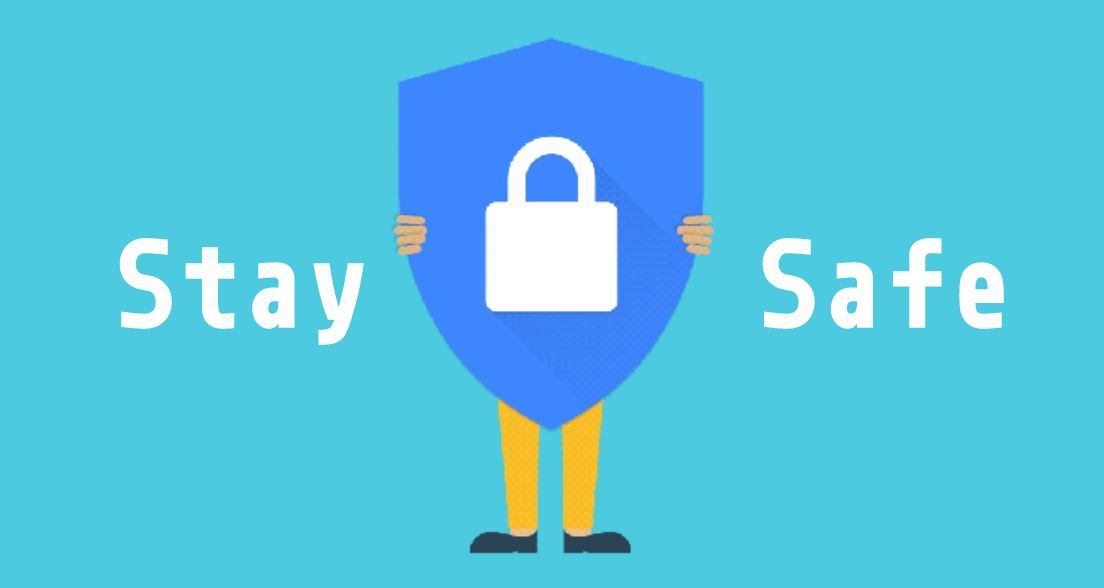When most of your Facebook timeline is flooded with news like cyber threats and security, how cyber criminals steal your money, and how the government snoops through your mails, you are bound to feel uneasy and immediately look out for methods to keep yourself safe. Normally you would Google your question and easily get more than a hundred million results for every keyword that is analogous to security or safety or privacy.
Do not worry. Google has come to your rescue again. According to a research done by Google team they have come to some conclusive results that will help you stay safe online. Google has surveyed 231 security experts and 294 general web users who are not security experts on their methods to stay safe online and the difference between both groups will amaze you.
Updating Software vs Merely Installing One
This is one of the key differences between the technique used by an expert and a general web user to stay safe online. The experts highly recommended installing the updates and firmware to fix any possible vulnerability.
35% experts and only 2% web users said that installing the updates is one of their top ways to stay safe online. While most of the general users have the misconception that updating is not authentic and might bring in the malicious software.
However, experts admit that antivirus software is not the full proof solution to unsafe online practices but yes, it has its benefits too. So, you might want to give your antivirus software a tad bit respect and use it to stay safe online.
Unique Passwords vs Strong Passwords
Password Managers
Experts feel that password managers change the whole calculus by creating both strong and unique passwords. Non-experts generally felt password managers were not trustworthy and could leak their passwords online.
Frequently Changing Passwords
Non-expert users tend to change their passwords frequently in order to avoid a potential hack. 21% general web users rated it to be one of the top three mantras to stay safe online. Some even create long pass-phrases to stay one step ahead of the game.
Experts, on the other hand, differed from the notion. They said attackers can guess the new password 41% of the time an offline attack and 17% within five online attempts so it might not be the best idea to stay safe online, but you can still use as there are 59% chance that the attacker could not guess it right.
Two-Factor Authentication
This was one thing that both the experts and non-expert users agreed to stay safe online. However, experts largely used two-factor authentication to protect themselves, general web users lagged behind.
Never Let Your Guard Down
Check If The Website Connection Is HTTPS
Checking the website that you tend to surf for an HTTPS connection is not as popular as other tips, but it is still recommended. There were people in both the groups that trusted the sites with HTTPS connection for providing any personal information.
Visit Known Websites
Ok, this is plain impossible. This is a wide misconception among general users that known and famous websites are safe. You are surfing the web to get information and you won’t get it unless you tread to unknown sites and connections. Revealing personal information to reputed websites and purchasing stuff from trusted websites is a common practice by users to stay safe online.
Experts feel it makes no difference if a site is trusted or not. You could be at risk on any website.
Safe Email Habits
This is one of the most agreeable and known practice to stay safe online. Both the experts and non-expert web users rely on practicing safe email habits to avoid any potential attack.
‘Avoid phishing emails and websites, and never reveal your credentials to someone you don’t know’ are the most explicit advice given both by the experts and general users to stay safe online.
Do you have any special mantra to stay safe on the web? Share it with our fossBytes reader community.
For more updates on security, subscribe to fossBytes.[newsletter_signup_form id=1]













